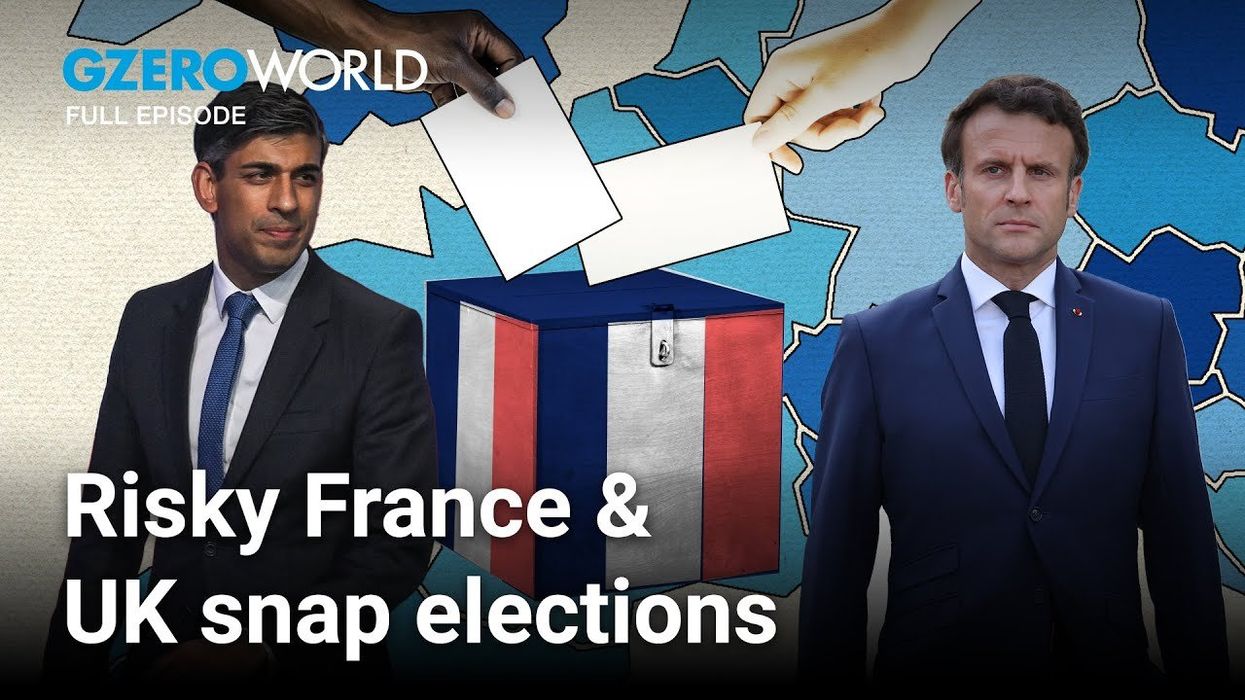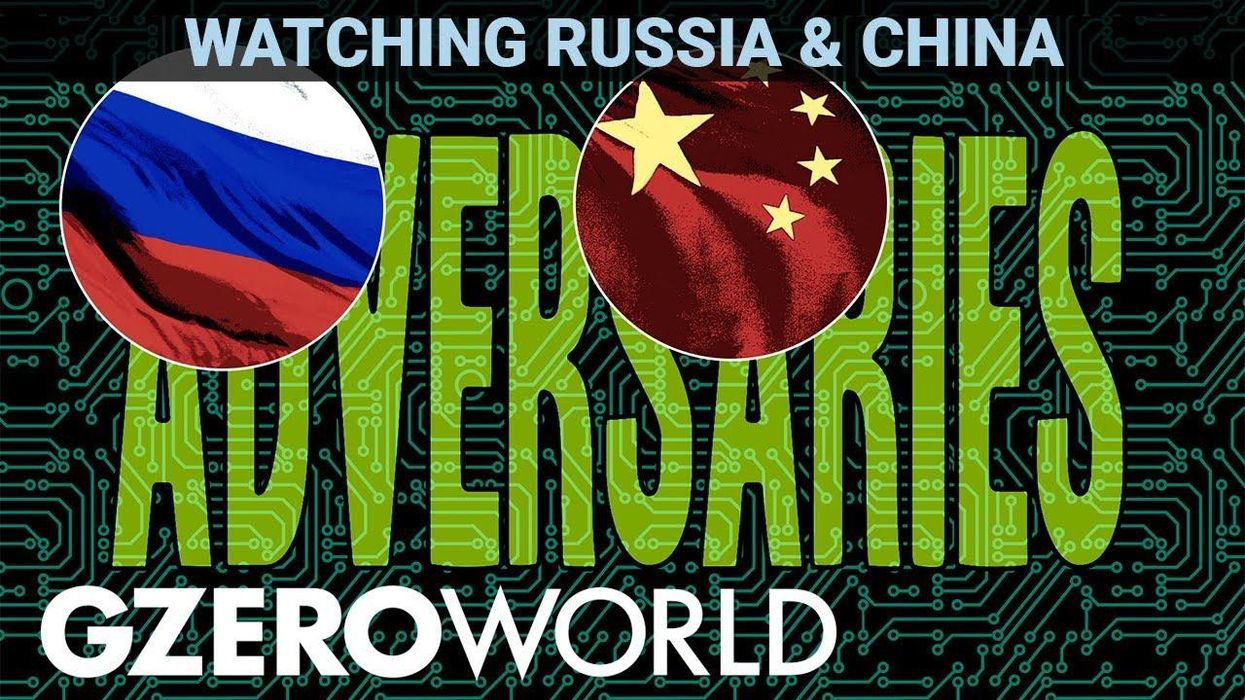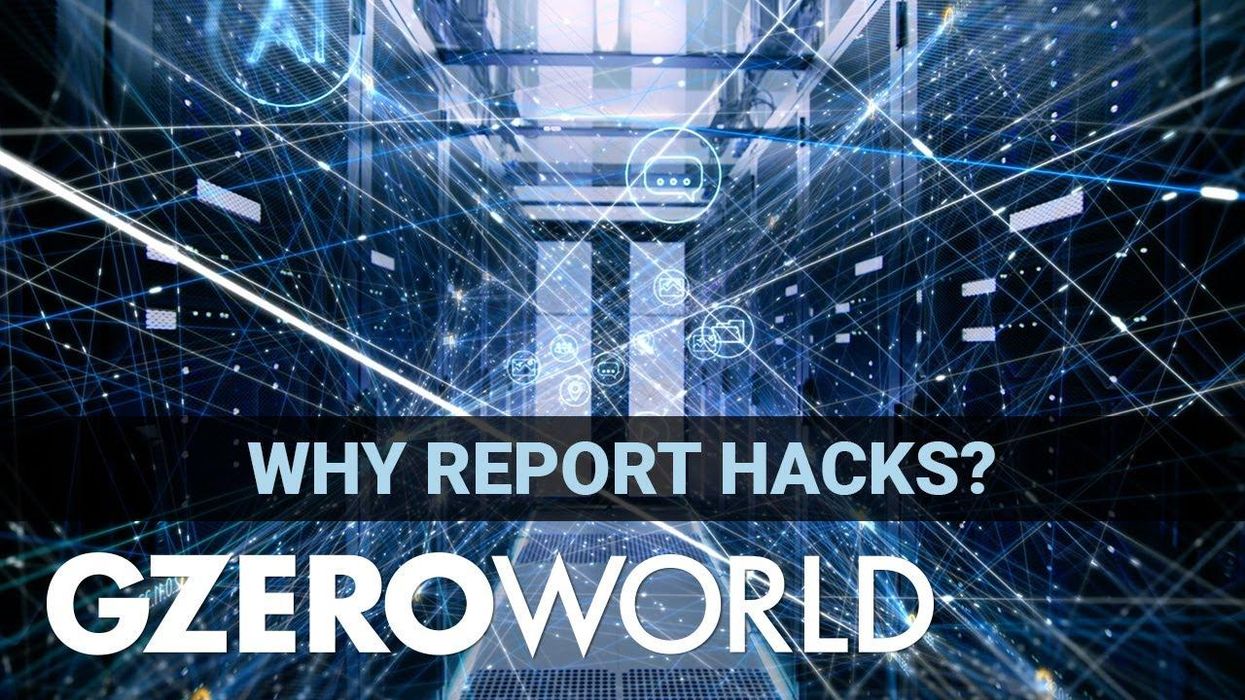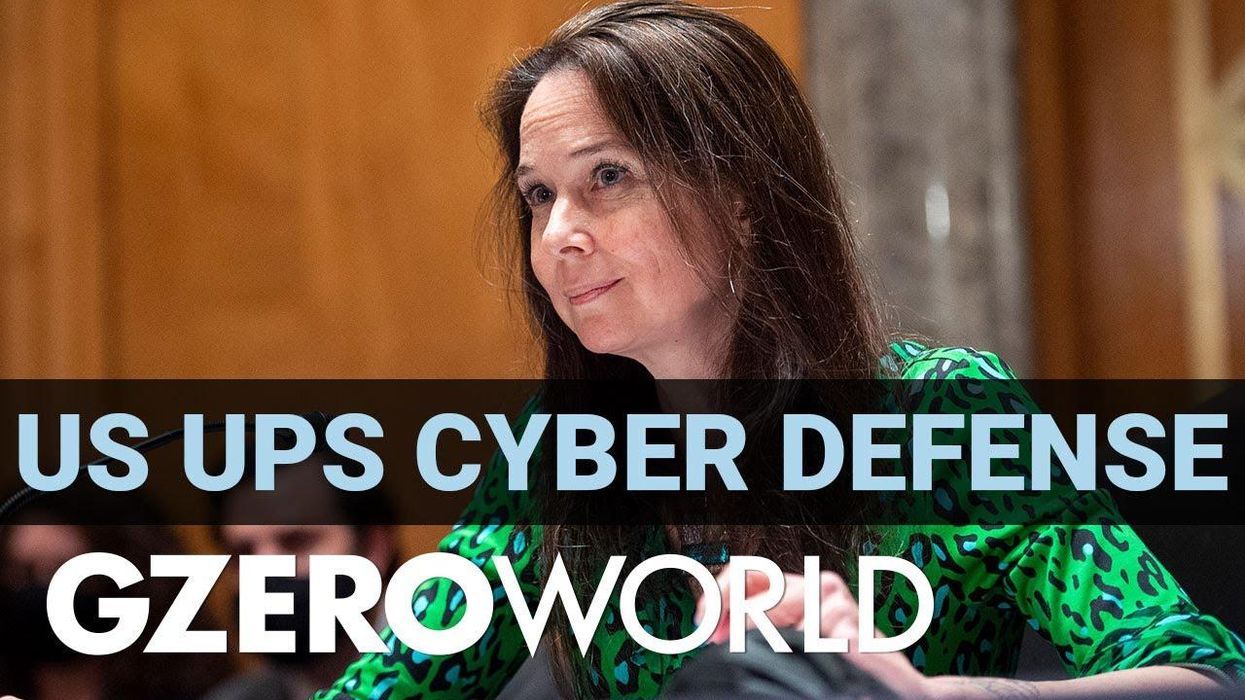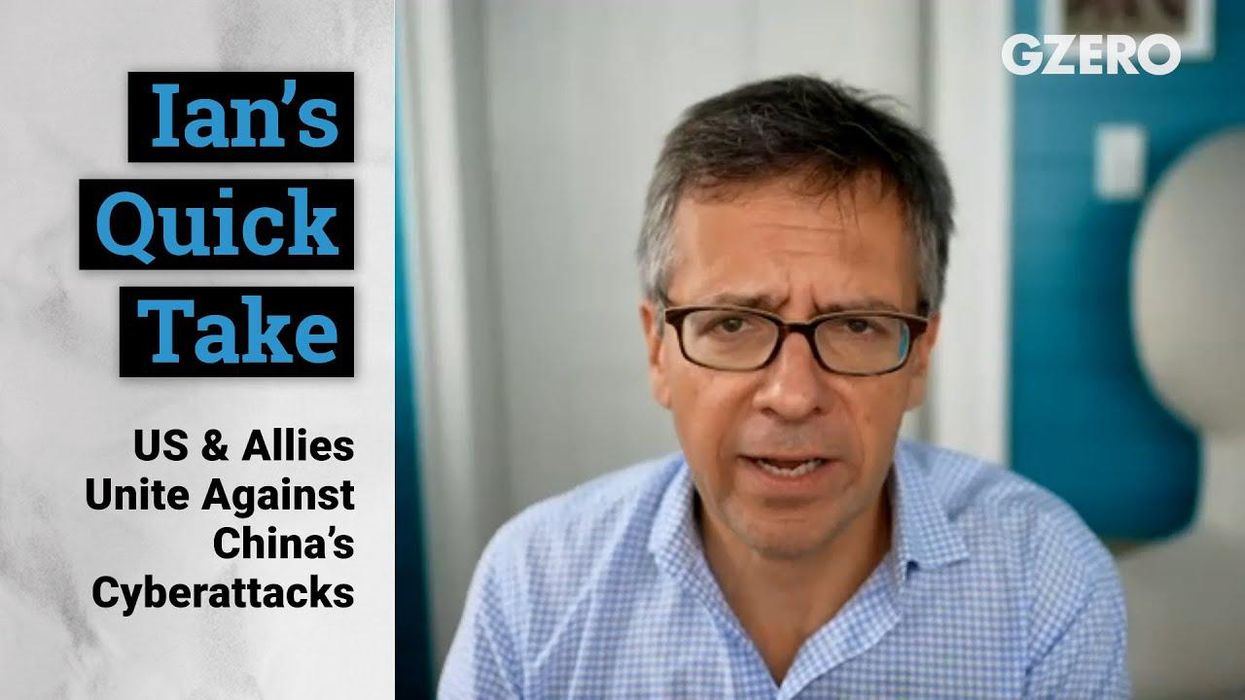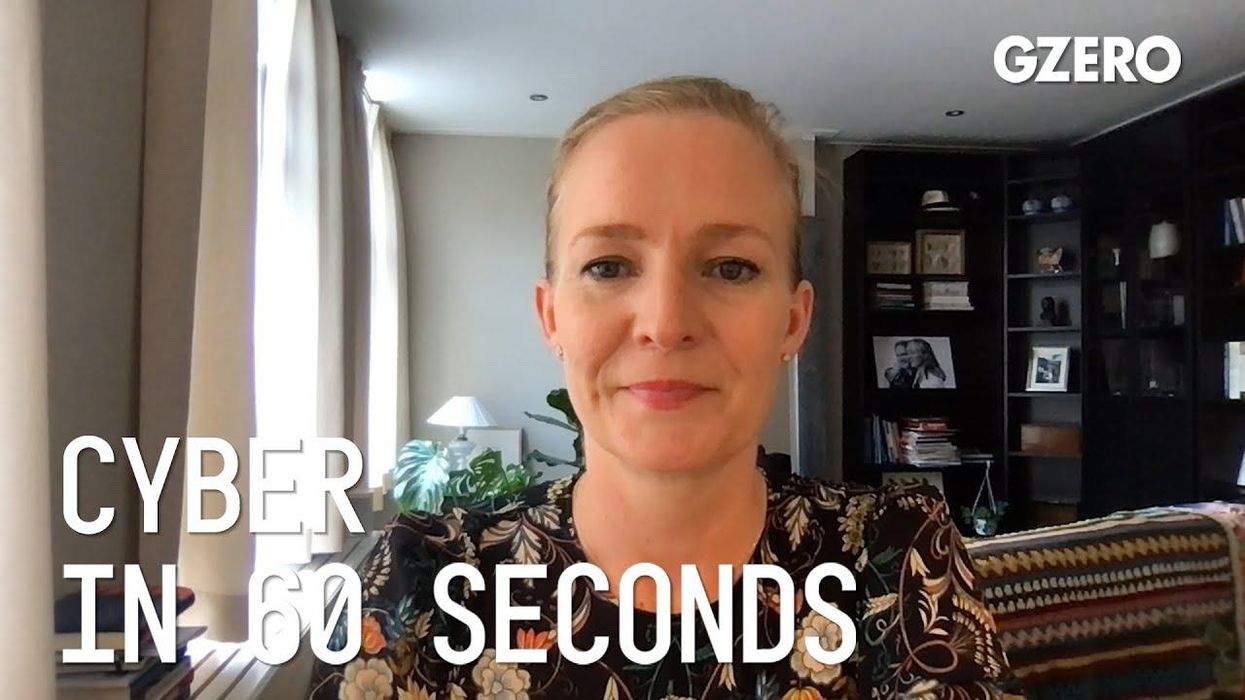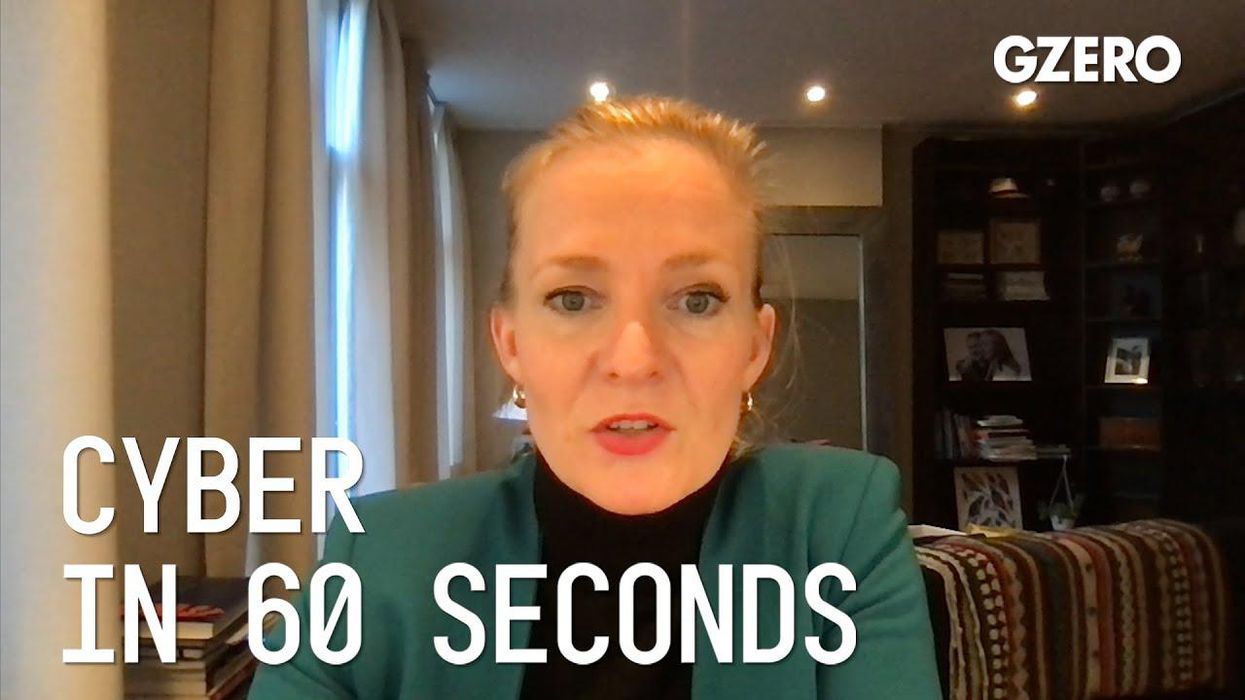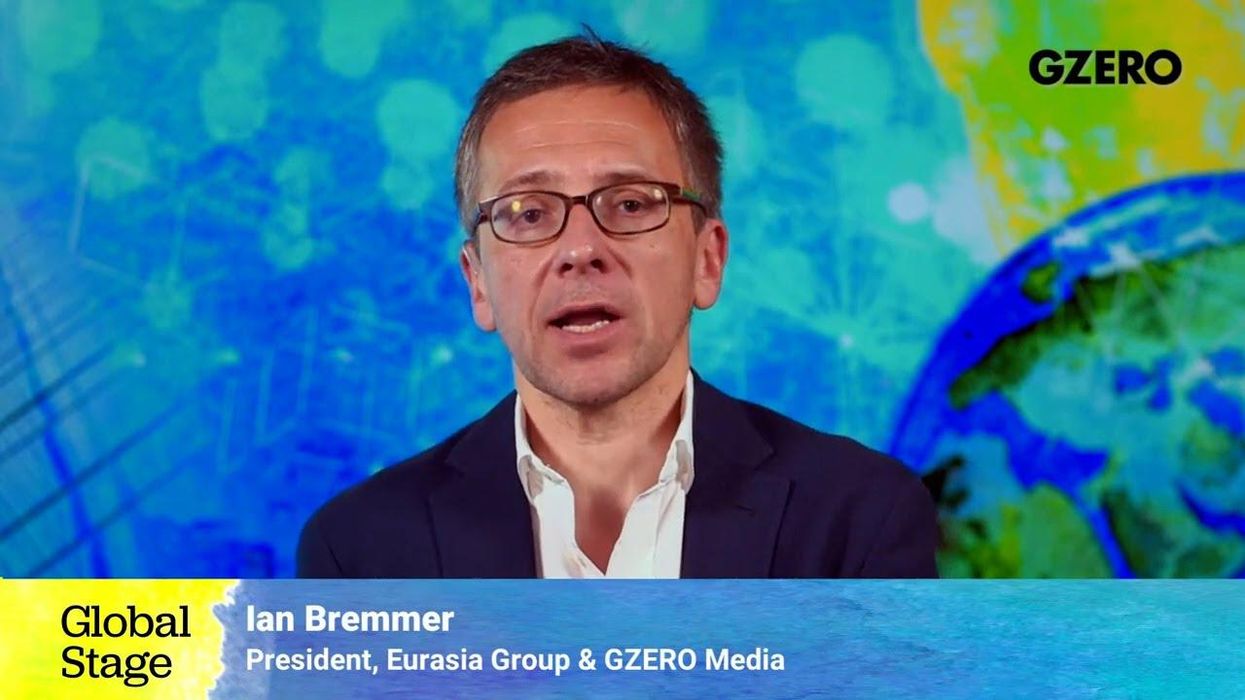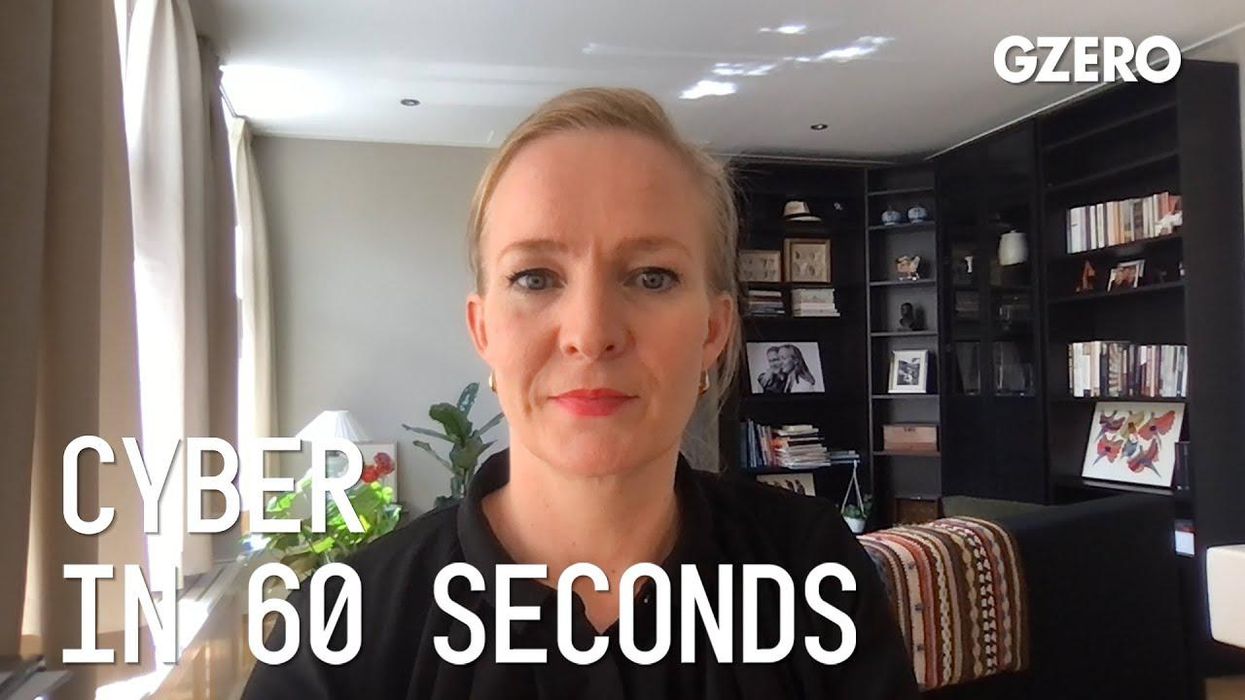GZERO World with Ian Bremmer
What the France and UK elections mean for the West
Political winds are shifting in France and the UK, with more to come in upcoming US and Canada elections. Is this a turning point for the West? Mark Carney, former Governor of the Banks of England and Canada and current UN Special Envoy on Climate Action & Finance, joins Ian Bremmer on GZERO World for a hard look at three of America’s closest allies.
Jun 24, 2024
